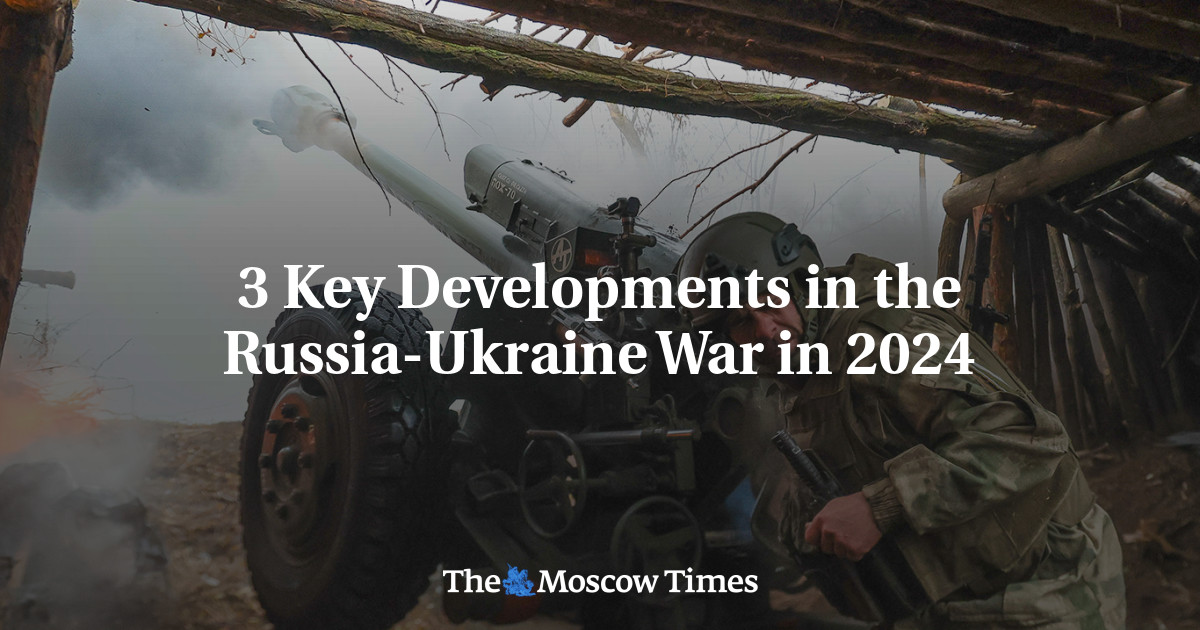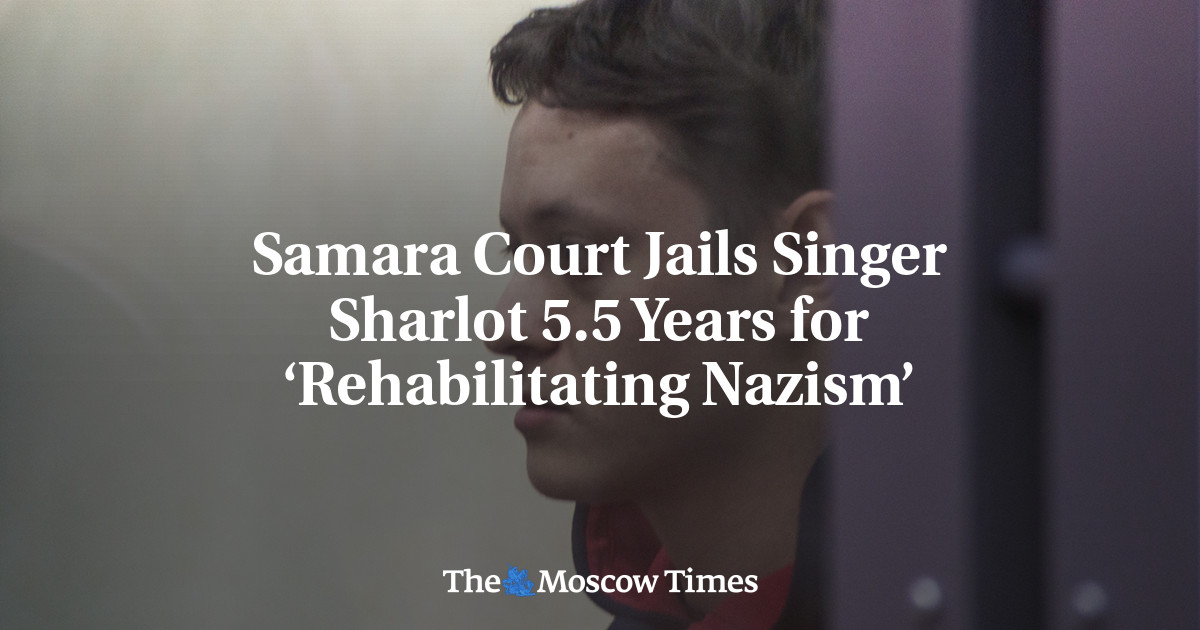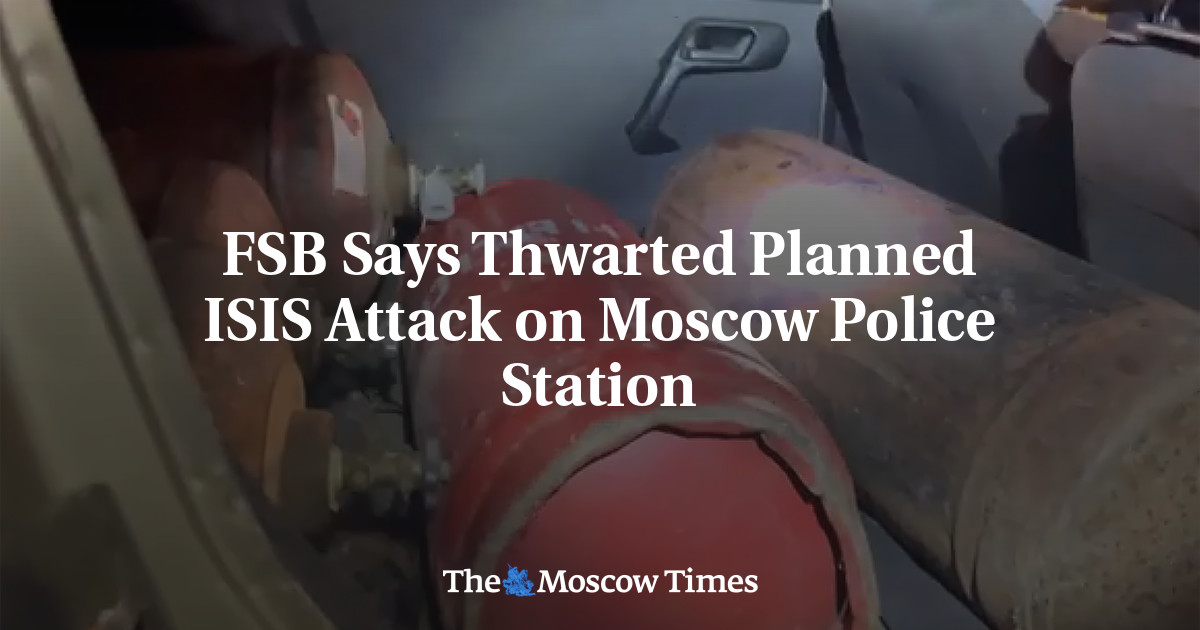Four white coffins – one slightly smaller than the others – were laid into a family grave in the western Ukrainian city of Lviv on Friday.
Dressed in black, with cuts across his face, Yaroslav Bazylevych looked on as the caskets containing his wife and three daughters were lowered into the pit, then covered with dirt and buried.
Hundreds of people came out onto the streets of the city for the ceremony, which was followed across the nation.
The four women – Yevgenia, 43 and her children, Yaryna, Daryna and Emilia, aged 21, 18 and seven – were killed on Wednesday in a Russian missile strike on the historic Western city.
Seven people in total were killed in the attack, which came amid a surge in Russian strikes on Ukraine as Kyiv pursues its cross-border offensive in Russian territory.
The strike on Lviv came a day after an attack on the central city of Poltava killed 55 and wounded hundreds, one of the most devastating single strikes of the two-and-a-half-year war.
In a country where thousands of civilians have been killed since Russia invaded, the deaths of the women – and the anguish of Yaroslav, left as the sole surviving member of the family – has struck a chord across Ukrainian society.
'How many more?'
"I don't know what words to say to support Yaroslav," Lviv Mayor Andriy Sadovy said on Wednesday after the attack. "Today we are all with you."
In an application letter to Lviv's Ukrainian Catholic University, published by the institution this week, 18-year-old Daryna had written: "We have an incredibly close-knit family... an inexhaustible source of support that cannot be compared to any other.
"They are the biggest pillar in my life, helping me to overcome any obstacles."
On Friday, hundreds of relatives, friends and other mourners packed the streets of Lviv and squeezed into the Saints Peter and Paul Garrison Church to pay their respects.
As the sun beamed through the upper windows of the seventeenth-century church, Yaroslav leaned into his wife's open coffin and rested his head against hers.
Some mourners bought sunflowers -- Ukraine's national flower that has become a symbol of resistance and hope.
Others knelt in the street as the funeral procession wound through the city.
In the wake of the attack, Kyiv called for more Western support to help it protect cities from incoming Russian missiles.
"How many more families will be killed before Ukraine has all the means and decisions to destroy Russia's war machine?," Ukraine's foreign ministry said.
A Message from The Moscow Times:
Dear readers,
We are facing unprecedented challenges. Russia's Prosecutor General's Office has designated The Moscow Times as an "undesirable" organization, criminalizing our work and putting our staff at risk of prosecution. This follows our earlier unjust labeling as a "foreign agent."
These actions are direct attempts to silence independent journalism in Russia. The authorities claim our work "discredits the decisions of the Russian leadership." We see things differently: we strive to provide accurate, unbiased reporting on Russia.
We, the journalists of The Moscow Times, refuse to be silenced. But to continue our work, we need your help.
Your support, no matter how small, makes a world of difference. If you can, please support us monthly starting from just $2. It's quick to set up, and every contribution makes a significant impact.
By supporting The Moscow Times, you're defending open, independent journalism in the face of repression. Thank you for standing with us.
Continue
![]()
Not ready to support today?
Remind me later.
 (1).png)
 3 months ago
10
3 months ago
10













